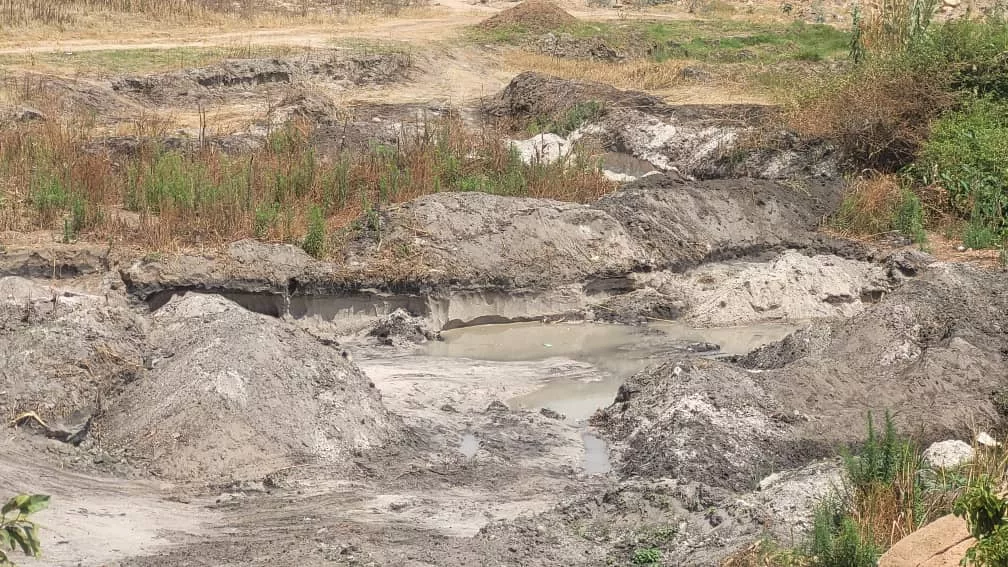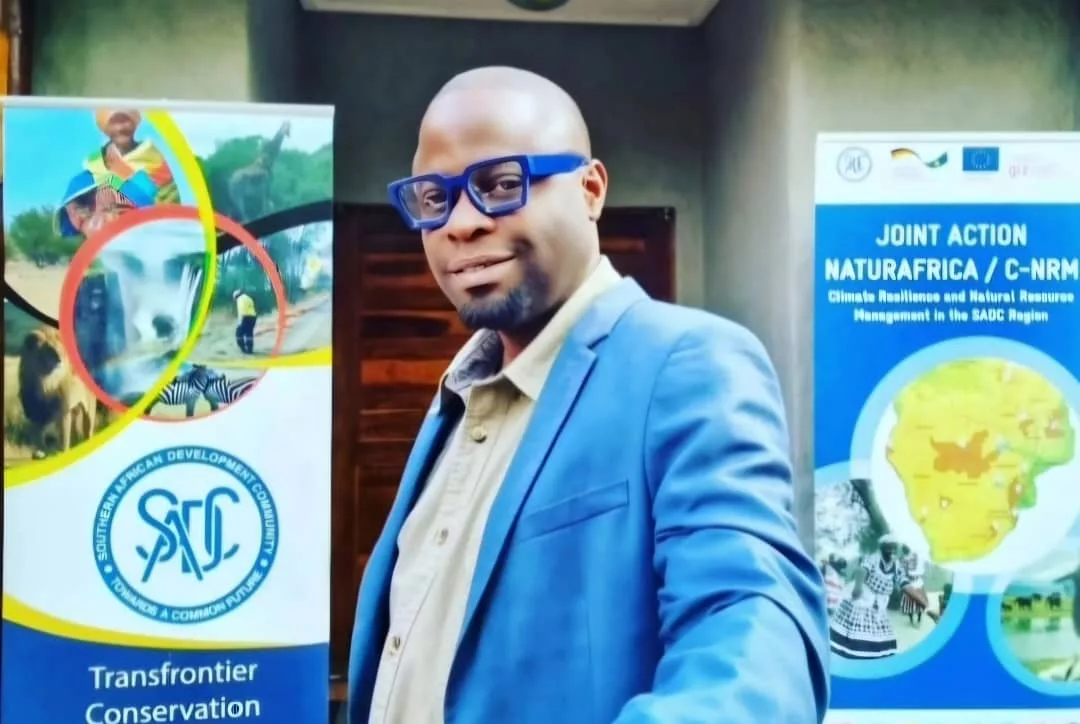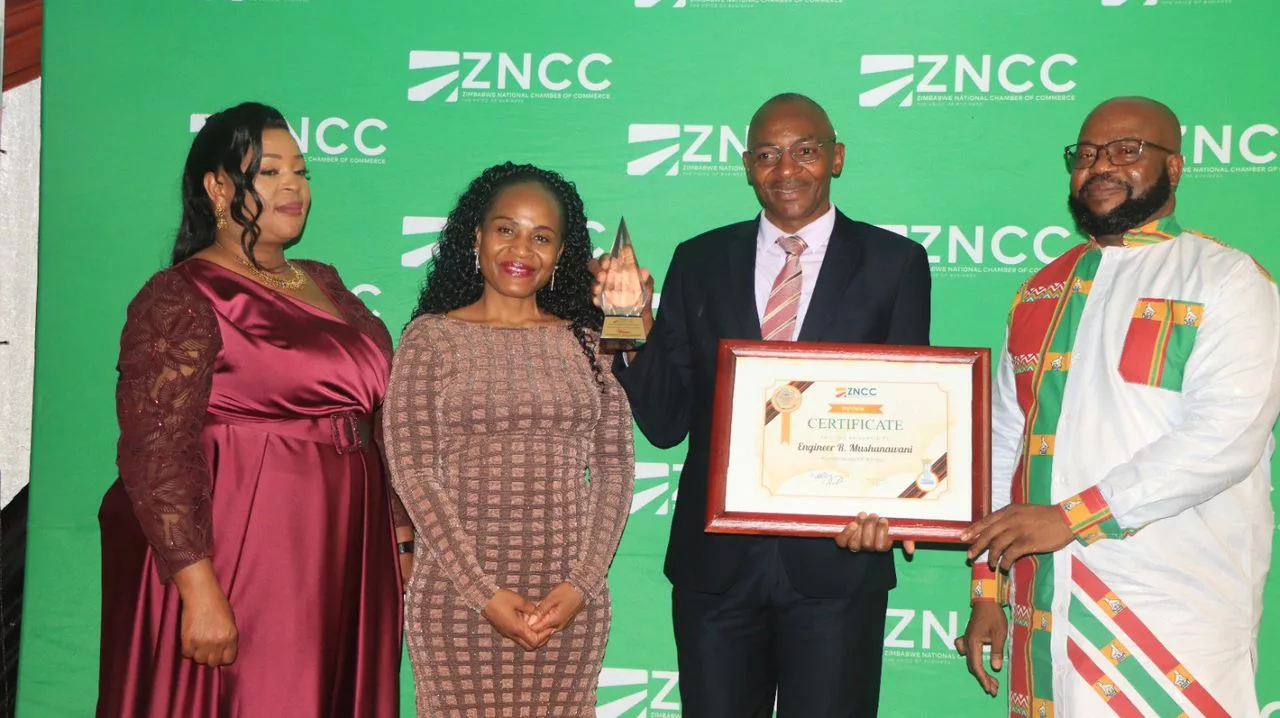|
Getting your Trinity Audio player ready...
|
Writes Edgar Gweshe
As part of efforts to protect the Cleveland Dam Ramsar Site, stakeholders gathered in Mabvuku, Harare on Tuesday to mull the formation of a site management committee tasked with the management of the internationally recognised wetland.
Cleveland Dam is an internationally designated wetland and key biodiversity area under the Ramsar Convention on the Protection of Wetlands which Zimbabwe signed in 2011.
It covers an area of 2,500 hectares and was designated as an internationally recognised wetland in May 2013.
Even though Cleveland Dam is an internationally recognised wetland protected under Zimbabwe’s laws, the area has of late been under constant threat from sand miners, land barons, and pollution.
The Cleveland Action Alliance Trust (CAAT) which is based in Mabvuku has petitioned various duty bearers including the Environmental Management Agency (EMA), the City of Harare, and the Zimbabwe Republic Police (ZRP) to act and stop sand miners at Cleveland Dam.
The Cleveland Dam Wetland Ramsar Site Management Committee will be established as a sub-committee under the National Wetlands Committee which serves as an advisory body to the Ministry of Environment, Climate and Wildlife on the management of wetland ecosystems in Zimbabwe.
Its membership will include a broad range of representative interests to provide a balance of viewpoints and expertise. Marginalised citizens including people with disabilities will also be included in the committee.
As part of its vision and objectives, the committee will provide an inclusive approach towards advising on and overseeing future management of the Cleveland Dam Ramsar Site under the principles of the Ramsar Convention.
The Cleveland Dam Wetland Ramsar Site Management Committee will also serve as a platform for residents, communities, and other stakeholders to actively contribute to improved protection and management of Cleveland Dam while monitoring and reporting on the status of the site.
“As Cleveland Action Alliance Trust we are deeply concerned by the adamancy by sand miners in the Cleveland Dam wetland area despite numerous efforts to have the illegal act stopped. Our engagements and interventions seem to be fruitless as it is business as usual for the sand miners. Cleveland Dam is one of the seven internationally recognized wetlands in Zimbabwe under the Ramsar Convention. The continued degradation of the wetland by sand miners is a clear indication that the Ramsar Convention is being violated. Zimbabwe is a signatory to the Ramsar Convention and as such there is a need for us as a nation to respect international treaties,” said CAAT Chairperson, Jimmy Mahachi.
Legislation that provides for wetlands protection in Zimbabwe includes the Environmental Management Act (Chap 20;27), Statutory Instrument 7 of 2007 on Environmental Management (Environmental Impact Assessment and Ecosystems Protection) Regulations, and the Government Gazette 380 of 2013.
According to the Environmental Management Agency (EMA), 82% of the country’s wetlands are moderately to severely degraded, with only 18% remaining in a relatively undisturbed state (Zimbabwe National Wetlands Policy, 2022). Harare has seen a dramatic loss of 50% of its wetlands over the last two decades, and without urgent action, the city risks losing the remaining wetlands in the coming few years.
The Harare Wetlands Trust is concerned that the continued degradation of wetlands in Harare will negatively affect the sustainable development of the city.
“The ongoing degradation of wetlands has severe implications for the City of Harare’s future development, particularly in the quest for climate-smart cities. The loss of wetlands threatens to worsen the already critical water shortages driven by rapid population growth and urban development, which in turn places immense pressure on existing water resources. Wetlands play a critical role in water purification, flood control, and sustaining biodiversity, all of which are essential for the well-being of urban populations,” said HWT Programmes Manager Selection Chari.
Zimbabwe is set to host the Ramsar Convention’s 15th Conference of Parties (COP 15) in July 2025 and Chari said the event provides an opportunity to advance commitments on wetlands protection.
“In July 2025, Zimbabwe will be hosting the Ramsar Convention’s 15th Conference of Parties (COP 15) in Victoria Falls. This high-profile event offers a pivotal opportunity to advance both national and regional commitments to wetlands and biodiversity conservation. The timing is also aligned with the United Nations’ Decade on Ecosystem Restoration (2021-2030), which calls for urgent efforts to restore degraded ecosystems and protect those that are under threat.
Improved management and protection of wetlands are essential to ensuring healthy ecosystems that can provide clean water, support biodiversity, and contribute to national development goals. Wetland conservation directly supports the objectives of Zimbabwe’s National Development Strategy 1 (NDS1), including the attainment of national biodiversity and livelihood objectives. Furthermore, it aligns with global targets under the Kunming-Montreal Global Biodiversity Framework, the Sustainable Development Goals (SDGs), and the climate action goals by enhancing carbon capture, local climate regulation, and resilience to climate change,” said Chari.
Harare has three Ramsar designated wetlands namely Cleveland Dam, Lake Chivero, and Monavale Vlei.
The country has four other Ramsar designated wetlands which are Chinhoyi Caves Recreational Park, Victoria Falls National Park, Driefontein Grasslands, and Mana Pools National Park.
The Network for Environmental and Climate Justice has made calls for the government to put in place stricter measures to ensure wetlands protection in Harare.
As part of efforts to protect Ramsar sites in Harare, the HWT has set up management committees for Lake Chivero and Monavale Vlei as well.
“By virtue of Zimbabwe being a signatory to the Ramsar Convention on the Protection of Wetlands, there is a compelling need for the government to put in place strict measures to protect wetlands as important water sources that are critical for human well-being and serve as special habitats for several forms of plants, birds, and animals. Wetlands also play a crucial role in climate change mitigation.
“As the City of Harare is in the process of updating its Master Plan, we recommend that an updated Masterplan for Harare must appreciate the fact that the future sustainability of the capital is dependent on wetlands preservation and environmental sustainability. Harare’s outdated Masterplan makes little reference to wetlands and their invaluable services for the City of Harare. This has paved the way for chaotic land allocations (including on wetlands) which often disregard environmental sustainability,” said the NECJ.
The organisation noted that the development and implementation of Local Environmental Action Plans (LEAPs) as stipulated by the Environmental Management Act is also critical for the protection of wetlands.






